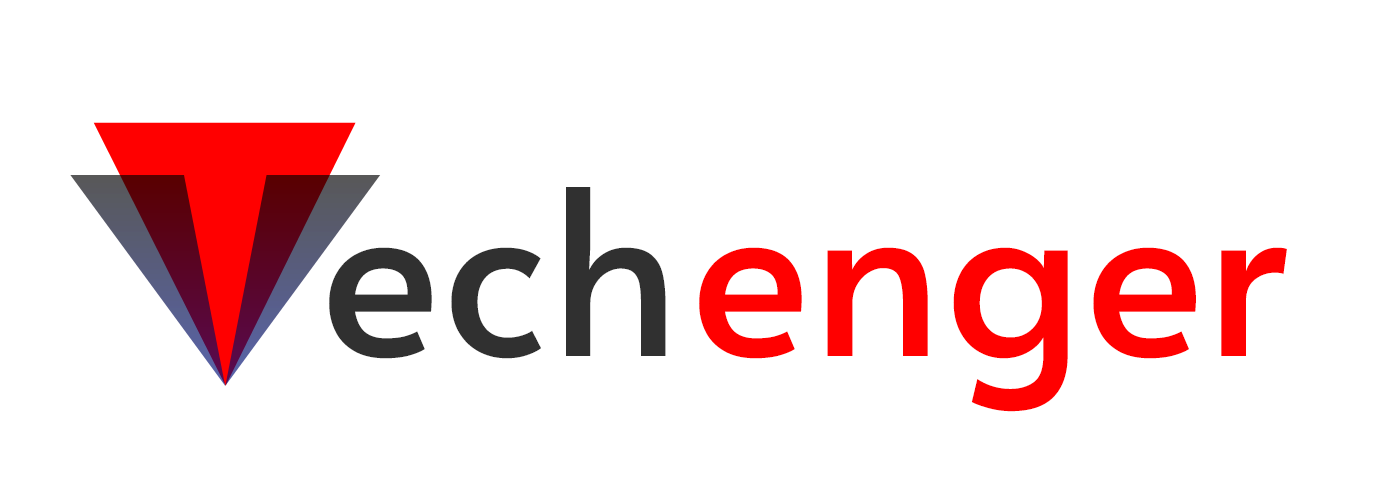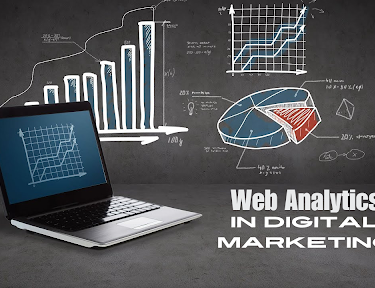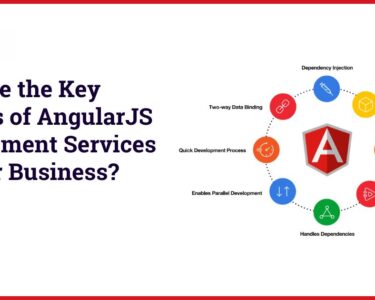Technology is constantly changing how we communicate and interact with the world around us. With the help of technological advancements such as artificial intelligence (AI), virtual reality (VR), the Internet of Things (IoT), and sophisticated data analytics, communication and engagement will continue to be revolutionized and re-shaped. This dynamic environment of opportunities has the power to alter the ways in which we communicate fundamentally, work together, and connect with one another, creating the possibility of a more immersive and interconnected world.
Table of Contents
Enhanced Virtual and Augmented Reality (VR/AR)
Through the introduction of immersive experiences that go beyond conventional limitations, virtual and augmented reality technologies are transforming communication and engagement. Users can enter virtual reality (VR) environments, while augmented reality (AR) projects digital content over the real world. These developments make it possible for us to communicate with others in virtual communities, take part in online conferences, and run lifelike simulations. As a result, there is a greater sense of presence and interaction, which dissolves distance barriers and promotes stronger relationships between people and teams.
Along with changing workplace environments, VR and AR are also changing social relationships and enjoyment. Players may explore new worlds and experiences thanks to the unmatched levels of immersion and enjoyment offered by VR gaming. Businesses use these technologies to produce engaging marketing campaigns, virtual showrooms, and product demos. The potential for VR and AR to transform communication, training, entertainment, and consumer experiences is boundless as they develop.
5G and Increased Connectivity
The deployment of 5G networks ushers in a groundbreaking era of connectivity and electrical systems, revolutionizing communication capabilities on an unprecedented scale. With its faster speeds, lower latency, and increased bandwidth, 5G technology promises to transform the way we interact and collaborate. With video-call accessories like ring lights, microphones, and more improving video and sound quality, high-quality video calls and conferencing will become the norm, delivering seamless, lifelike interactions and bridging geographical distances like never before. This enhanced connectivity will empower individuals and businesses to engage effortlessly, fostering stronger relationships and driving innovation across industries.
Internet of Things (IoT)
The Internet of Things (IoT) creates a highly interconnected world with smart devices like appliances, wearables, and sensors enabling communication between people and objects. This facilitates personalized and context-aware experiences, anticipating users’ needs proactively. From smart homes to connected cities, the IoT transforms how we engage with our environment, making daily life more efficient and convenient while revolutionizing industries like healthcare and urban planning.
Artificial Intelligence (AI) and Natural Language Processing (NLP)
Advancements in Artificial Intelligence (AI) and Natural Language Processing (NLP) are set to significantly enhance communication by enabling more natural and intelligent interactions. AI-powered chatbots and virtual assistants will become increasingly sophisticated, offering personalized recommendations, answering queries, and facilitating conversations. These virtual entities will be tailored to each user’s preferences, proactively offering suggestions based on historical data and behavior. With the ability to grasp nuances and context, NLP technologies make communication with machines seamless and intuitive, blurring the lines between interacting with virtual assistants and their human counterparts.
In business settings, AI and NLP have revolutionized customer service by reducing response times and elevating customer satisfaction through accurate and empathetic interactions. This is achieved through the use of chatbots developed by companies like Satisfi Labs which are capable of procuring information and answering queries. These advancements also extend to education and healthcare, where virtual tutors and medical chatbots leverage NLP to provide personalized learning experiences and preliminary medical assessments, respectively. The transformative impact of AI and NLP on communication promises to make our interactions with technology more natural, intelligent, and efficient across various aspects of our lives.
Holographic Communication
Imagine communicating with lifelike 3D representations of others. Holographic displays and telepresence technologies make this possible. Holographic communication creates immersive and realistic interactions, especially in remote collaboration, education, and entertainment. This breakthrough will redefine how we connect, making distance feel less significant and fostering deeper engagement and understanding.
Multimodal Communication
The future of communication lies in integrating various modes such as voice, text, video, and gesture recognition. Users will have the flexibility to switch between modes seamlessly, choosing the most appropriate method for their needs. This multimodal approach will enable richer and more expressive communication experiences, ensuring that individuals can effectively convey their thoughts and emotions.
Enhanced Security and Privacy
As technology advances, ensuring robust security and privacy measures will be of paramount importance. Efforts will be made to develop secure communication protocols, encryption methods, and privacy frameworks to protect sensitive information and prevent unauthorized access. Trust and privacy will remain essential foundations for successful communication and engagement in the digital age.
Personalized Experiences
Advanced analytics and machine learning algorithms will enable communication platforms to deliver highly personalized experiences. Content, recommendations, and interactions will be customized based on individuals’ preferences and needs. This personalized approach will foster deeper engagement, satisfaction, and a sense of connection as technology adapts to cater to each individual’s unique requirements.
Collaborative Platforms
Technology will continue to facilitate collaboration, breaking down barriers of distance and time. Cloud-based collaboration tools, project management platforms, and virtual workspaces will empower teams to communicate, share resources, and collaborate effectively, transcending traditional organizational boundaries. This increased collaboration will spur innovation, creativity, and productivity across industries.
Ethical Considerations
In the pursuit of leveraging technology for communication and engagement, it is crucial to address ethical considerations. As we embrace these advancements, it is vital to ensure equitable, responsible, and inclusive practices. Issues such as the digital divide, data privacy, algorithmic bias, and ethical AI deployment need to be carefully navigated. Society must proactively establish frameworks and regulations that promote fairness, transparency, and accountability in the use of technology for communication, protect individuals’ rights, and foster a harmonious digital ecosystem.
The revolution of communication with the help of technology
When we consider how communication and engagement will develop in the future, it is clear that technology will be a major factor in how this landscape is shaped. We can anticipate a change in how we communicate, fostering tailored and seamless connections, thanks to the ongoing developments in AI, VR, IoT, and data analytics. These technologies’ convergence promises to improve productivity and efficiency while also enriching our lives with fulfilling experiences. A future where communication crosses boundaries and involvement develops deeper relationships can certainly be achieved if we embrace these advancements with a human-centered mindset, paving the path for a more interconnected and enlightened global community.
Megan Isola
Megan Isola holds a Bachelor of Science in Hospitality and a minor in Business Marketing from Cal State University Chico. She enjoys going to concerts, trying new restaurants, and hanging out with friends.




